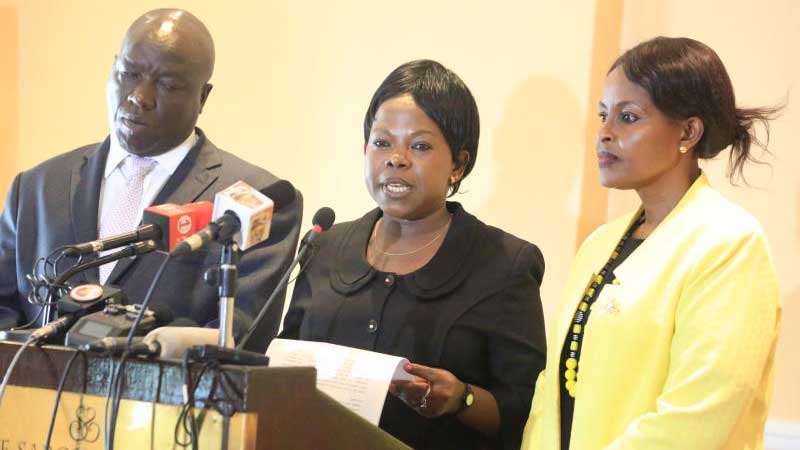×
The Standard e-Paper
Smart Minds Choose Us

The renewed push for referendum has thrust the electoral commission into focus, with calls for total overhaul of the agency.
Yesterday, political players said the Independent Electoral and Boundaries Commission (IEBC) was greatly discredited by the 2017 “bungled” presidential election that was nullified by the Supreme Court.